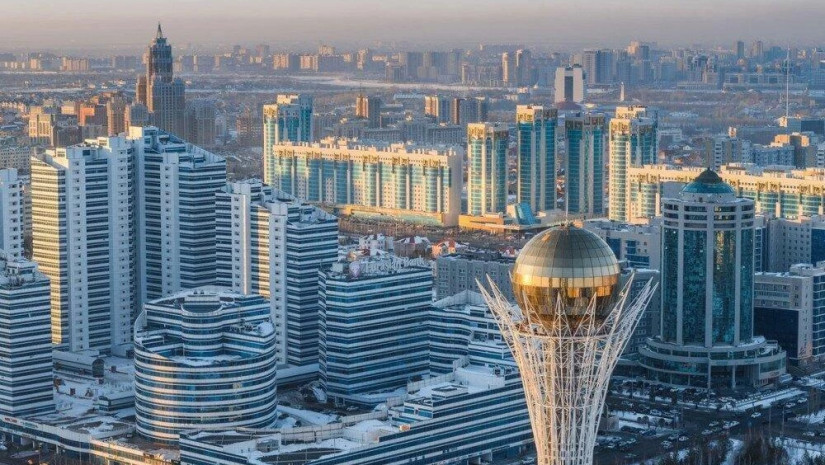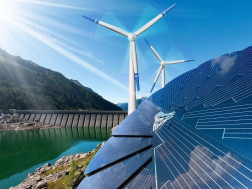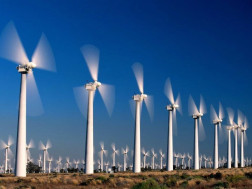Kazakhstan plans to start producing green hydrogen via a $50 billion project by the end of the decade to help Europe to reduce reliance on fossil fuels.
Svevind Energy Group, the company behind Europe’s largest wind farm in Sweden, signed an agreement with Kazakhstan’s government to build a 20 gigawatt green hydrogen plant that is expected to be one of the world’s largest, the company said on Thursday.
The electrolyzers will be able to produce up to 2 million tons of green hydrogen per year from 2032, the equivalent to about one-fifth of the EU target for imported green hydrogen in 2030.
“The investment agreement signed today takes the project into the next, decisive phase,” said Wolfgang Kropp, founder and CEO of Svevind Energy Group. “Kazakhstan is the ideal hosting country for the project as it has excellent year-round wind conditions and solar radiation.”
The country has lower costs of green hydrogen production, which makes it very competitive in the global market.
The industrial park of electrolyzers will be fed by wind and photovoltaic plants with total capacity of around 40 gigawatts in the flat grasslands of southwest Kazakhstan. Produced by using renewable electricity, with no carbon dioxide emissions, green hydrogen is a key element of the European Union’s plan to reduce its reliance on fossil fuels and decarbonize energy-intensive industries. The bloc wants to produce 10 million tons of green hydrogen and import the same amount from abroad by the end of the decade.
Despite those credentials, producing green hydrogen can be complicated and expensive. High energy prices, driven by Russia’s war in Ukraine, have improved the economics of hydrogen when compared to fossil fuels, and a wave of new projects are starting to take shape around the world.
“Europe will not be able to produce all the green hydrogen it will need,” said Kropp. “We see Europe as an important market, one of the most advanced ones when it comes to support for green hydrogen, with Asia also a target market for the fuel.”
The European Commission is deepening its economic relationship with Kazakhstan, with a virtual meeting earlier this month between EU Commission President Ursula von der Leyen and Kazakh President Kassym-Jomart Tokayev. The two sides are expected to sign a strategic partnership agreement for sustainable raw materials, batteries and green hydrogen before the end of November, said Kropp.
The deal between the Kazakh government and Svevind sets up the long term framework under which the project, known as Hyrasia One, will be realized, paving the way for a definition on land access, taxes, permission processes and no restrictions on trade and capital movements, according to Rene Pforte, chief business development officer at Svevind Energy Group. “It shows the full commitment of the government with the project going forward,” he said.
Svevind has been developing the project for three years and the investment agreement opens the door for concrete negotiations with co-investors, customers and plant suppliers, he said. A final investment decision is expected to be made by 2026.
The initial financing for the investment will be provided by Dresden, Germany-based Svevind as project developer and talks are underway to secure additional financial partners for the long term investment.
The project will start producing hydrogen as early as 2030 and reach full capacity around 2032, Alarabiya reports.
















